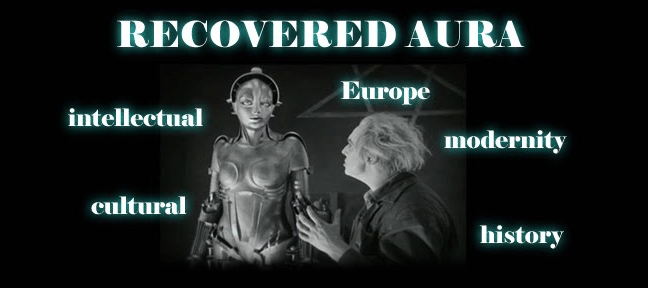One last time, with feeling...
In the mid-1970s, NATO countries agreed to a Soviet suggestion to hold a major European conference to settle the borders in (especially Central-Eastern) Europe, to make official the new climate of so-called détente (thawing) between the US and the USSR, and to promote East-West economic exchange. NATO's conditions for participating included the inclusion of human rights issues on the agenda.
Two years of negotiations produced a final document, signed in Helsinki in 1975, and usually called the Helsinki Final Act, or Helsinki Accords. This Final Act included an impressive list of human rights stipulations, all of which were incorporated into the national law of all signatories, including the USSR and, importantly for us this week, Czechoslovakia. Like other Soviet-bloc states, Czechoslovakia had signed the International Covenant on Civil and Political Rights and the International Covenant on Economic, Social, and Cultural Rights back when these were first adopted by the UN in the mid-1960s, but only ratified them in 1975. Remember that Czechoslovakia had tasted the most brutal Soviet repression in 1968 (check whatever textbooks you've been using on the importance of the "Prague Spring").
(For more on the Helsinki Act, etc., see here. For the text, see here. On the UN Covenants on Human Rights, see here.)
Questions:
1. Why do the authors of Charter 77 care about Czechoslovakia's international treaties? How do they use these documents?
2. For being the product of political dissidents, this is a rather understated document, at least in its tone. Is that just because the authors wanted to avoid punishment (not that that worked...)? Or does the calm tone, the call for "constructive dialogue with the political and state authorities" (p. 284) reflect a deeper point?
3. What does it mean for the authors of Charter 77 to say that "everyone bears his share of responsibility for the conditions that prevail" (283), even though they are the citizens of a repressive dictatorship? Why does it seem important for them to stress "this sense of co-responsibility" (283)?
Vaclav Havel's "Power of the Powerless" was first circulated in an illegal self-published (so-called samizdat) edition in 1978.
4. What is the reference Havel is making in the opening line of "Power of the Powerless"? How does reference help structure his entire document?
5. In what sense does Havel think Communist Czechoslovakia is "post-totalitarian"? Does his text position itself as post-modern in any other ways?
6. What does it mean to "live within the truth"? In what sense is it political to choose to do so? That is, what is the connection between what we do "right here, in our everyday lives" and Politics in its narrow sense?
7. Is this essay useful only as a historical document about late-twentieth-century European Communism? To put it more directly, are we, as citizens of a democracy without the kind of constraints Havel describes, living within the truth?
In June 2000, a 39-year-old Mozambican immigrant to Germany named Alberto Adriano was beaten to death by three skinheads in Dessau. A collective of German hip hop artists recorded the song "Adriano (Final Warning)" in 2001. Watch (a badly synchronized copy of) the video here.
8. In what ways do these artists make a "German" or "European" piece of music in this American-born musical form? What, if anything, does hip hop allow them to do that rock or some other form of pop music might not?
9. Torch (a.k.a. DJ Haitian Star, a.k.a. Frederik Hahn, b. Heidelberg, Germany, 1971) in the song's first stanza, quotes the German poet Heinrich Heine, refers to the colors of the German flag, and invokes Article 3 of the German Basic Law (which guarantees equality before the law regardless of sex, religion, race, or ethnic background). In what sense is full participation in the national community the goal here? Or does he (and the others) seem to have a post-national project?
Sunday, May 9, 2010
Subscribe to:
Post Comments (Atom)

No comments:
Post a Comment